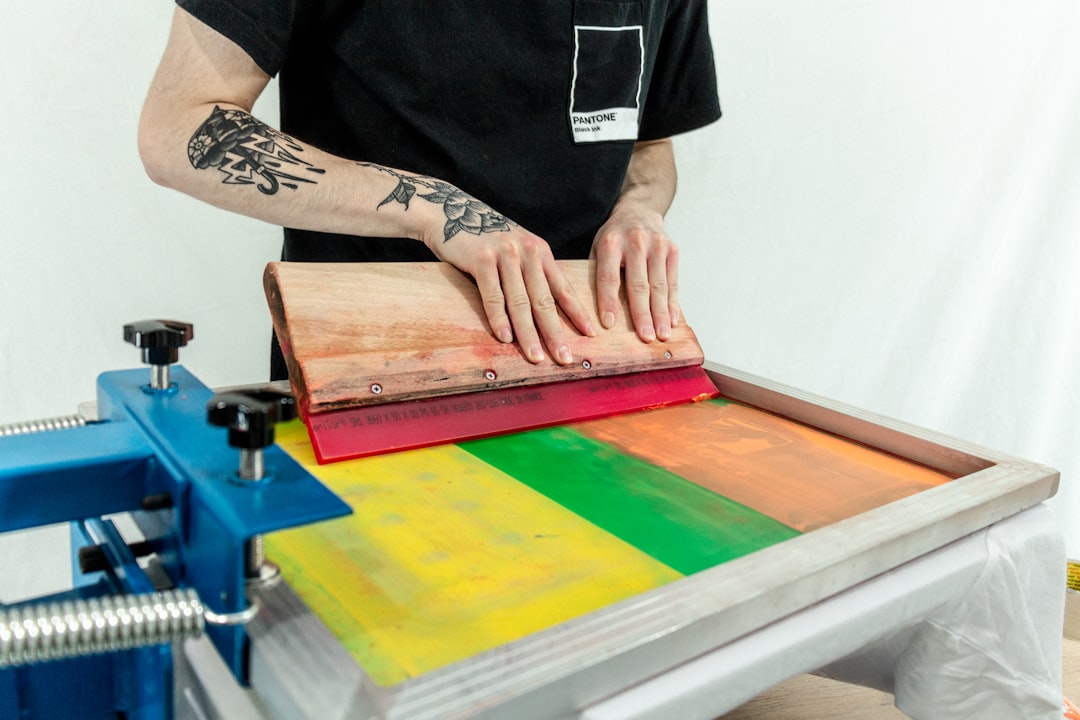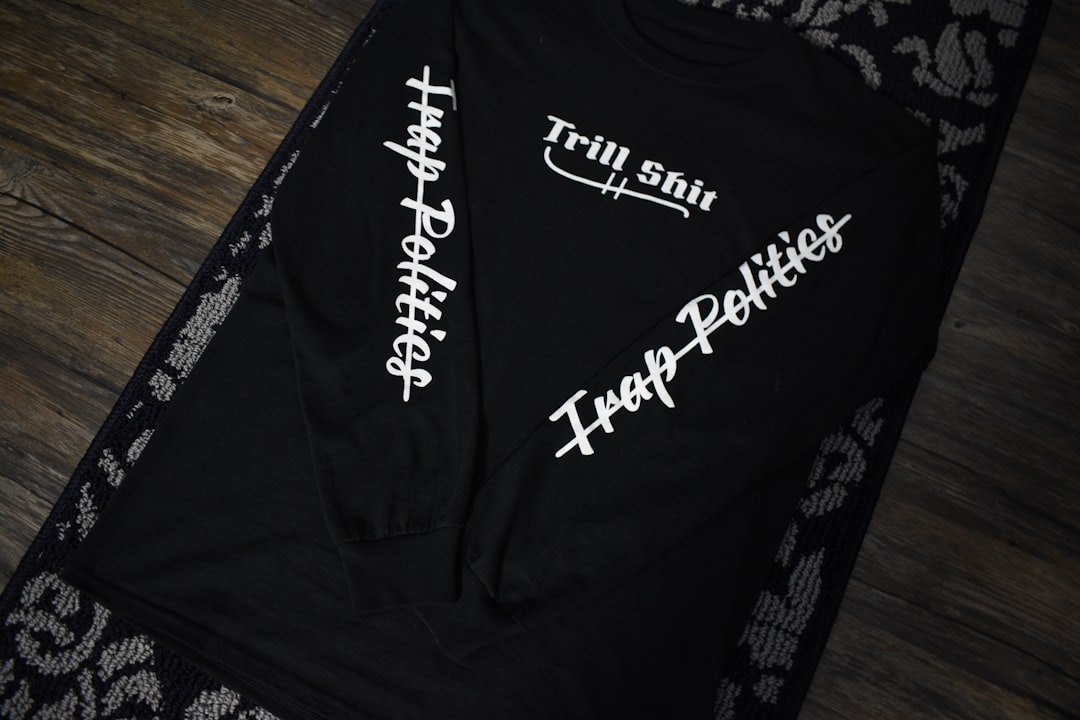When it comes to creating high-quality, custom-designed t-shirts, choosing the right printing method is crucial. Among the various printing techniques available today, the heat press machine stands out as a popular and reliable option for both beginners and professionals in the apparel industry. But is a heat press machine truly good for making t-shirts? Let’s examine its benefits, limitations, and overall effectiveness to determine whether it’s the right investment for your needs.
What Is a Heat Press Machine?
A heat press machine is a device that uses heat and pressure to apply designs onto fabrics, particularly t-shirts. The process involves placing a transfer—made using heat transfer vinyl (HTV), sublimation inks, or transfer paper—onto a garment and applying heat and pressure for a specific duration. This method allows the design to bond with the fabric surface, creating a permanent imprint.

Advantages of Using a Heat Press Machine
There are several reasons why heat press machines have become the go-to choice for many apparel decorators. Some of the key benefits include:
- Ease of Use: Most heat press machines are user-friendly, making them ideal for beginners. The digital controls and straightforward operation require minimal technical knowledge.
- High-Quality Prints: When used correctly, heat pressing can deliver vibrant, durable designs that resist fading and cracking even after numerous washes.
- Cost-Effective Production: Unlike screen printing, which requires substantial setup costs, heat pressing can be done on a tight budget. This makes it especially appealing for small businesses and home-based operations.
- Versatility: Heat press machines can be used to apply various types of transfers on different fabrics, not just t-shirts. This includes hoodies, canvas bags, and even ceramic items like mugs (with the appropriate attachments).
- Customization: It is perfect for short-run orders or one-offs, allowing for on-demand customization that suits the needs of modern consumers.
Types of Transfers Compatible with Heat Press
The heat press’s flexibility lies in its ability to work with various types of transfer materials:
- Heat Transfer Vinyl (HTV): A commonly used material for single or multi-colored designs. It’s ideal for lettering or graphics and comes in various finishes such as matte, gloss, or glitter.
- Sublimation Printing: Suitable for polyester fabrics and light-colored garments, sublimation offers vibrant, full-color graphics that become part of the fabric itself.
- Inkjet/Laser Transfer Papers: These transfers allow inkjet or laser printer users to create full-color images from regular printers, which can be pressed onto the t-shirts with a heat press.

Potential Drawbacks
Despite many advantages, heat press machines do come with a few limitations:
- Material Limitations: Certain fabrics, especially heat-sensitive or synthetic blends, can be damaged under the high heat used during pressing.
- Throughput Limitations: For large-scale production, heat pressing might not be as efficient as screen printing or other industrial methods due to its one-at-a-time operation.
- Learning Curve for Complex Designs: While basic operations are easy, mastering more complex layouts or multi-layered vinyl designs can require some practice and experience.
However, these challenges can generally be overcome with proper training, careful material selection, and use of high-quality tools and supplies.
Is It Worth the Investment?
Whether you’re a hobbyist, an entrepreneur launching a clothing brand, or a print shop looking to add t-shirt customization services, a heat press machine is a solid investment. It offers a blend of affordability, efficiency, and stylistic flexibility that is rare to find in alternative printing methods.
Here’s when a heat press machine will serve you best:
- You need to produce small to medium-sized batches of custom t-shirts.
- You require a quick turnaround for personalized orders.
- You’re starting a business with a limited budget and want to avoid expensive screen-printing infrastructure.
Conclusion
So, is a heat press machine good for t-shirts? The answer is a resounding yes, especially when your goals align with custom designs, on-demand printing, and efficient small-batch production. While not without its constraints, the heat press remains one of the most accessible and dependable tools for t-shirt printing in today’s market.

